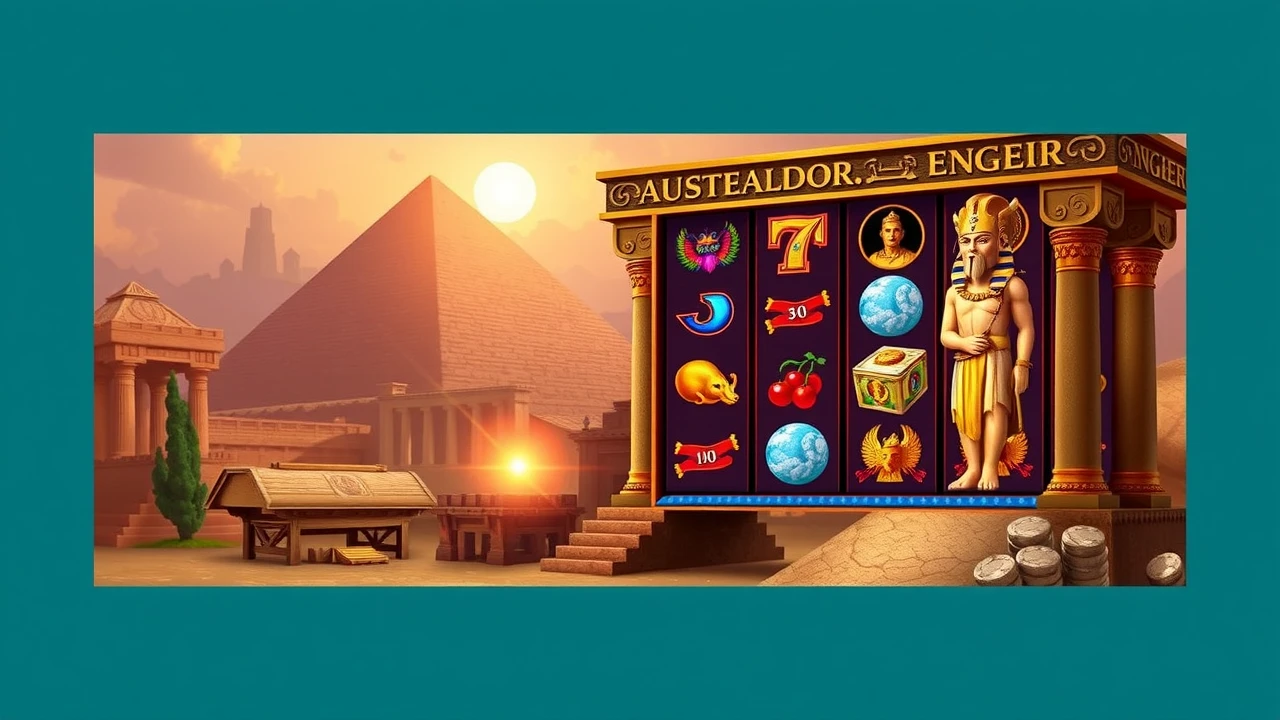The fascinating Progression of Gambling Activities Through the Centuries

Casino games have enthralled players over the ages, evolving from easy diversions to complex experiences that combine chance, skill, and amusement. From the ancient roots of gambling in cultures like the ancient societies of Mesopotamia and Rome to the glitzy corridors of current casinos, the evolution of these games uncovers much about human nature and our connection with luck. As societies have intertwined and technological advancements have occurred, casino games have changed, mirroring societal changes and advancements in gameplay.
The initial iterations of gambling likely included simple dice-based games and betting on the outcomes of athletic contests. Over time, these primitive activities grew into more structured games like card games, roulette, and the multitude slot games that fill the floors of casinos today. Each period brought its own set of rules, design elements, and cultural importance. Today, casino games maintain their evolution with the rise of digital gaming platforms, enabling players from various parts of the world to engage in a common experience, further merging the traditional with the age of technology.
Early Origins of Gaming Games
Gaming games have foundations that stretch back to ancient civilizations, where betting was deeply embedded in cultural practices and cultural customs. The first known instances of betting appeared in Mesopotamia around three thousand BC, involving basic die games made from bone bones. These early activities laid the groundwork for more complex gambling games, demonstrating human beings' innate desire to seek fortune and amusement through luck. casinos not on GamStop
As civilizations developed, so did their betting pursuits. In early China, around 2300 BC, tiles were found that resembled primitive rudimentary versions of a lottery game activity. More organized instances of gambling emerged in the Roman civilization, where activities of chance were a common pastime, often taking place in community events. The ancient Romans developed different wagering games, which entailed die and board games, illustrating the pervasive nature of betting across different economic classes.
With the flow of years, these early activities contributed to the progress of modern casino activities. In the Middle Ages, card activities grew prevalent in Europe, paving the way for the professional gambling venues we know today. The shift from informal gambling to organized gaming in pubs and personal homes marked a significant change in how people interacted with activities of luck, leading to the subsequent creation of casinos as dedicated places for gambling.
The Growth of Current Casino Gaming
The final 20th century marked a significant transition in the world of casino games, propelled by technological progress and changes in cultural attitudes towards gambling. The introduction of personal computers and the World Wide Web revolutionized the way gamblers interacted with their preferred gaming experiences. Virtual casinos emerged, allowing gamers to enjoy timeless table games like Texas Hold'em and 21 from the comfort of their own homes. This emerging digital landscape not only broadened access to gambling options but also attracted a fresh audience who found the ease and variety appealing.
As online gaming gained popularity, so did advancements in casino tech. The development of advanced programs and graphics changed traditional gambling games into engaging experiences. Players could now interact with authentic dealers through real-time broadcasts, importing the feel of brick-and-mortar casinos directly into their houses. This blending of live gaming with online platforms created a novel combination that boosted the social aspect of gambling, making it possible for people to engage and compete with others around the globe.
Additionally, the rise of gaming on mobile devices substantially changed the casino landscape. With the widespread use of mobile phones and tablets, gamblers can enjoy their preferred gaming options at any location, anytime. Mobile apps offer a extensive range of options customized for touchscreens, catering to the busy lifestyle of modern users. This availability has produced increased participation in gambling, driving the rapid expansion of the gambling sector. As a result, the outlook of casino gaming continues to develop, adapting to technological advancements and shifting player expectations.
The Impact of Technology on Casino Games
Technology's advancement has significantly transformed casino games, improving the overall gaming experience for gamblers globally. With the introduction of the internet, online casinos were created, allowing players to enjoy their favorite games from the comfort of their homes. This shift not only made casino games more accessible but also increased the variety of games offered, as online platforms could offer many different versions of traditional games without the limitations of physical casinos.
Mobile technology further revolutionized the casino gaming landscape. As smartphones and tablets became widespread, players now have the ability to engage in casino games whenever and wherever they want. This flexibility has led to the development of dedicated mobile applications and optimized websites that provide seamless gaming experiences. Additionally, innovations such as live dealer games have brought the authentic atmosphere of a casino into players' living rooms, bridging the gap between physical and online gaming.
Moreover, advancements in artificial intelligence and virtual reality are paving the way for the next generation of casino games. AI improves game design and player interaction, creating tailored experiences based on user behavior and preferences. Meanwhile, virtual reality offers immersive environments where players can interact in a simulated casino setting, making the gaming experience more exciting and realistic. As technology continues to evolve, the future of casino games looks promising, filled with endless possibilities for advancements and entertainment.




